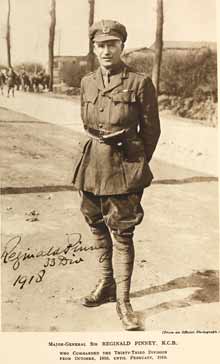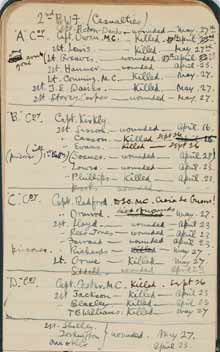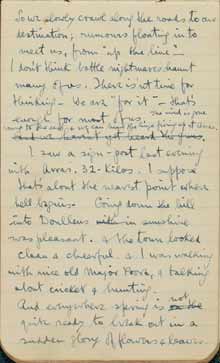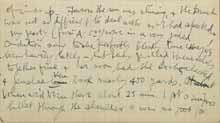The Slog up to Arras

Major-General Sir Reginald Pinney, the model for Sassoon’s poem ‘The General’, whose tactics, he wrote, ‘very nearly lost me my life’. WRA.18.2.
For the soldier is no longer a noble figure; he is merely a writhing insect among this ghastly folly of destruction.
Diary entry, 22 February 1917
Sassoon returned to France in February 1917, having spent more than six months convalescing, on leave, or training at the Royal Welch Fusiliers depot near Liverpool. The tone of his poetry had grown more bitter during the interval from the fighting, and the Sassoon who now resumed active service was grimmer and wearier than the newly-arrived subaltern of 1915. His unit made a slow, cold march towards Arras, the location of the impending offensive.
Sassoon’s experience of the Battle of Arras possibly exceeded in horror even the Somme campaign of the previous year. ‘The dead bodies lying about the trenches & in the open are beyond description…. Our shelling of the line—& subsequent bombing etc—has left a number of mangled Germans—they will haunt me till I die.’ On 16 April, while leading an attack on the Hindenburg Line, Sassoon was wounded by a rifle bullet which narrowly missed his spine and jugular; he was evacuated to hospital in England.

Sassoon’s list of his battalion’s officer casualties at Arras and later, from his diary. From MS Add. 9852.


